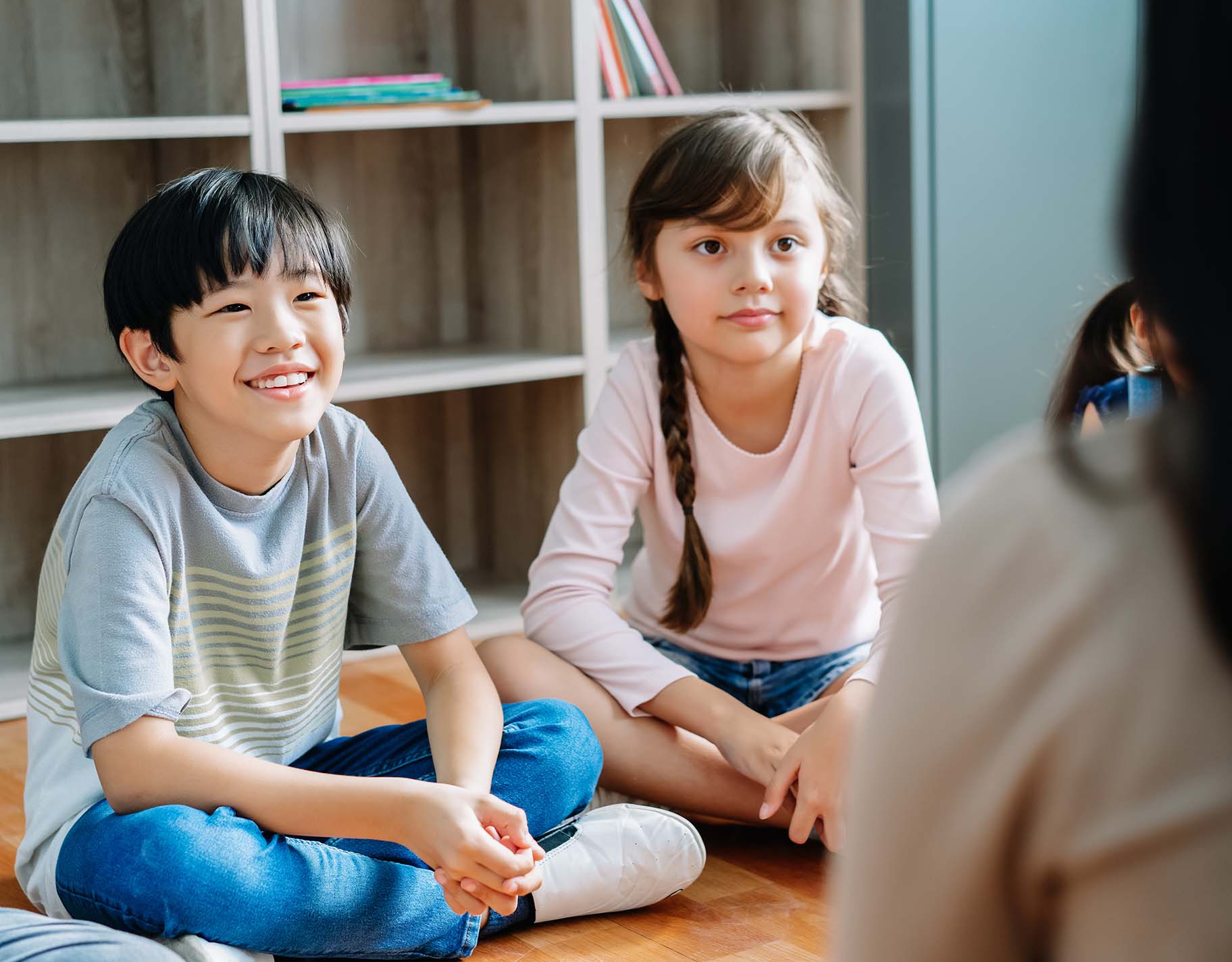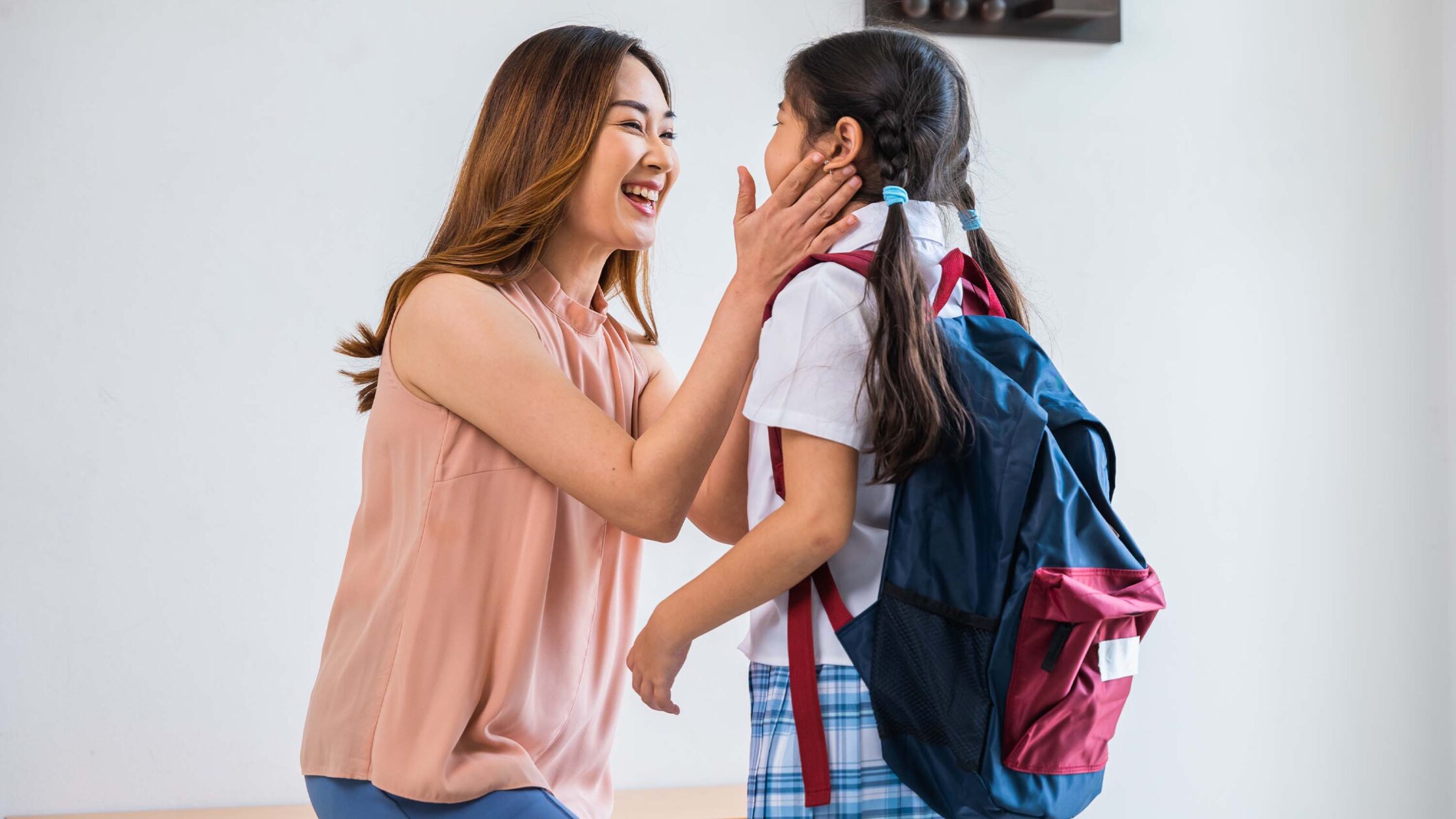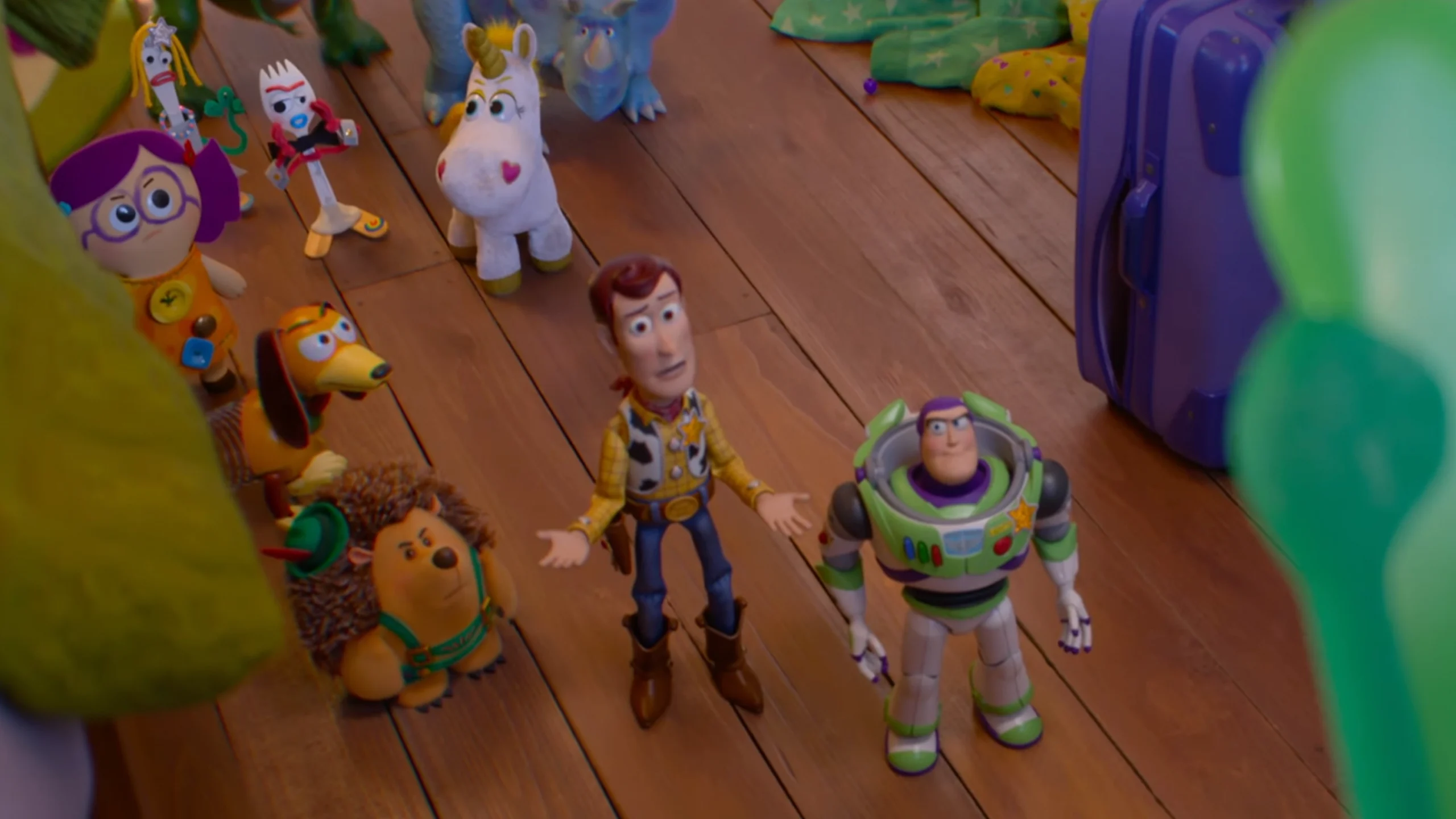Frustrating First Days of School: A Few Reminders for Parents
With the kids going in for their first day of school, here’s how to make it less frustrating and fussy.
It’s the first day of school for some kids and some of us are just raring to compete! Whether through grades, the trendiest school supplies, or even the most presentable baon, some of us get so competitive that we forget how much pressure it puts on our kids — the ones who are actually going to school. It doesn’t matter if our kids are doing face-to-face classes or not; we just get so fired up to try some of the latest back-to-school TikTok or social media hacks on our kids.
Before we unleash our arsenal of school day hacks, here are some important reminders:

1. The top student spot doesn’t always matter in the long run.
We often push our kids to get high grades and do their best on the first day of school. After all, the first day can set the tone for the rest of the school year.
However, getting a perfect score is one thing. Maintaining that standard is another. Considering how we often pushed our kids to get perfect scores, they will burnout eventually. They’ll also miss out a major point of the lessons — all of these are there to help them figure out their lives.
Besides, high grades usually only matter for the first job, a teaching job, or if they’re going to post graduate school like master’s, medicine, or law. Once the experience starts pouring in, their transcript of records only matter as a certification that they graduated from that school.
2. Manage our expectations.
Not all kids had a chance to enter face-to-face classes the moment schools opened up again. So, for many of these kids who have more withdrawn personalities, they have higher chances of being overwhelmed and suffering from After School Restraint Collapse because there’s a lot of stimulation — far more than they’re used to handling. The way they show it, however, isn’t always the same. Some remain silent, others get snappy, and others just want to sleep. However, one thing’s for sure: they won’t be in a talking mood.
If they do snap, be mindful that they’re not doing this to annoy or hurt us. They express our rage freely around us because they feel safe to do so.
3. Avoid turning school into a networking or social climbing scheme.
While we want our kids to make good friends, telling our kids to “be friends” with a specific kid can make that friendship a lot less authentic. At the same time, we don’t know how that specific kid behaves. Their parents may be some big name in business or in society but, if these kids bully our kids then, we’re teaching our kids that friendships are meant to be abusive.
Instead, just tell them to try their best and enjoy. School is the place where our kids learn how to pace themselves and see the world outside of us. In a way, school is a testing ground to see if our values and parenting tricks need tweaking.
4. Make sure all our kids’ documents are complete.
Besides their academic records, schools now are more stringent with their medical records ever since the pandemic. Some schools even request a chest x-ray to test if they have Tuberculosis (TB) or some other respiratory or pulmonary disease! After all, they may have taken in other kids who are immunocompromised due to a genetic issue or the like.
However, there are some schools that are lenient and allow parents to submit things on a “to-follow” basis. Usually, those are vaccination records since some need a renewal (e.g. Influenza shot) and others have never received it before due to other medical reasons.
5. Their grades may not be as high as their homeschooling days.
Homeschool gave parents the chance to be more “hands-on” with their kids’ academic work. Especially those who grew up in a grade-conscious household, expect that our kids’ grades may not be as high if they often had help from us or a shadow teacher — a person who usually bridges the gap between the teacher and the learner. Oftentimes meant for kids with learning disabilities, some parents hired these shadow teachers also to accomplish their kids’ homework or take the test with them which is a form of academic dishonesty.
So when our kids do come back with a low grade or a grade lower than their usual, turn it into a teaching moment. After all, we can’t always win everything.

First is always the worst, they say
Nobody gets it right on the first try. And if they do, they’ve probably encountered something similar. Kids who learn via recognizing and memorizing patterns are quicker to learn and adjust. After all, it’s just the content that differs. The shock, perhaps, of the novel style of teaching can throw our kids’ off guard but teachers do that on purpose to teach a valuable lesson: Life isn’t always that predictable. Routines may exist but something or someone will always throw a wrench in it somehow.
So if our kids don’t do well on the first day of school, it’s okay. Because when they’re down, there’s only one other direction they can go: up.
More about school?
“No Yaya, No Diapers!” Korina Sanchez’s Relief On Her Kids’ First Day at Preschool
Celebrity Kids and Their Reactions On Their First Days at School









